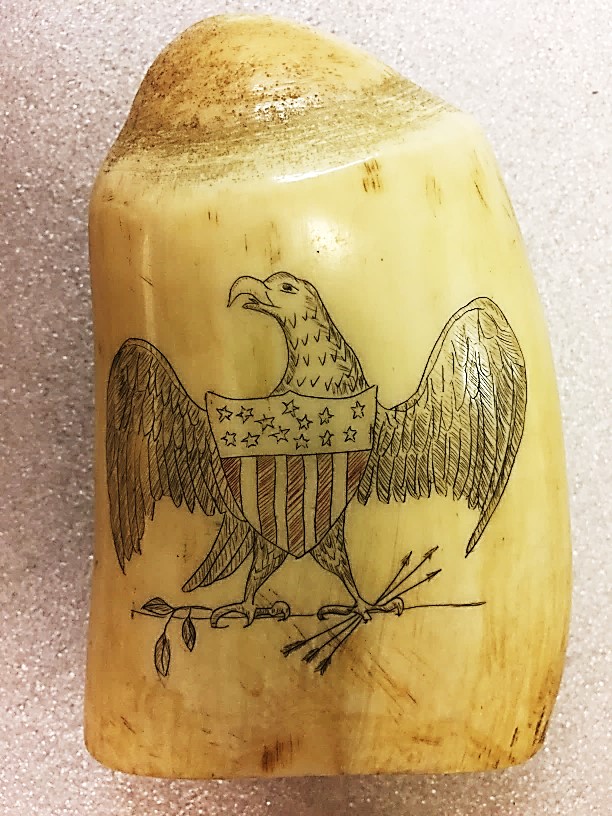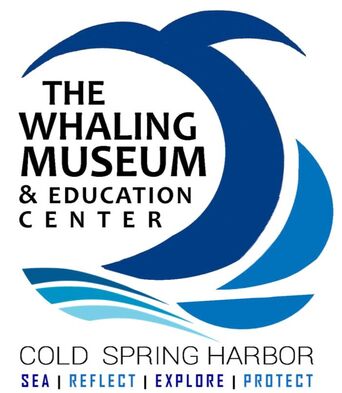0 Comments
|
WhyFollow the Whaling Museum's ambition to stay current, and meaningful, and connected to contemporary interests. Categories
All
Archives
May 2024
AuthorWritten by staff, volunteers, and trustees of the Museum! |


 RSS Feed
RSS Feed
